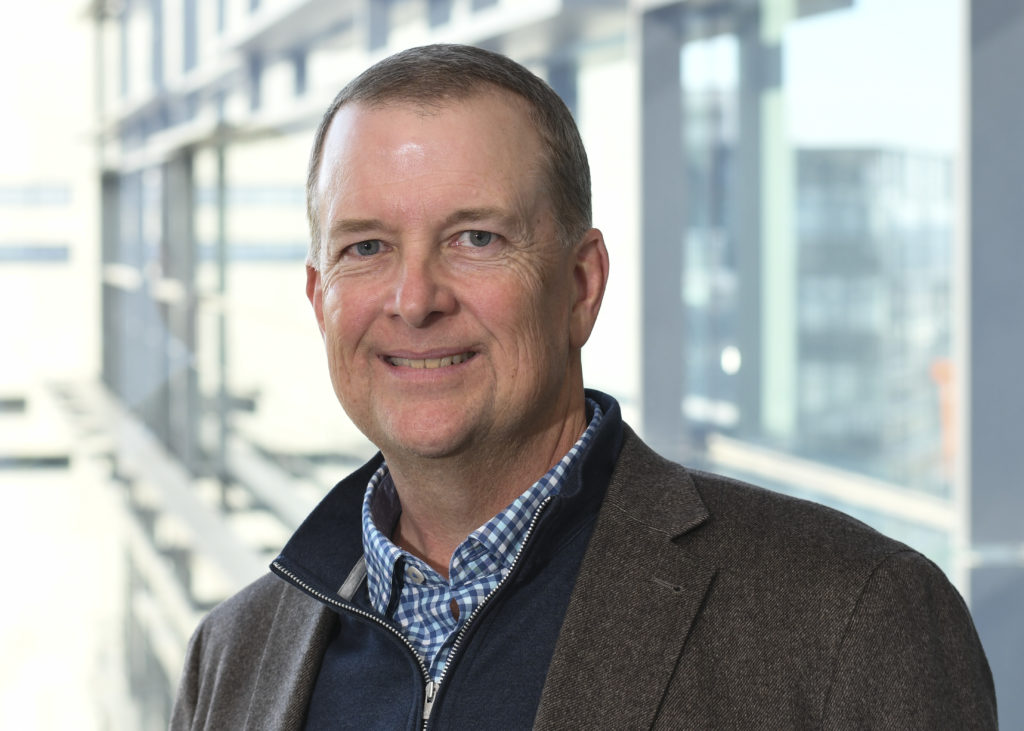The chief legal officers at five large Texas corporations joined colleagues from across the U.S. in asking the U.S. Congress to significantly raise the amount of funding it provides to the Legal Services Corporation.
More than two hundred corporate general counsel – including AT&T General Counsel David McAtee, Dell Technologies General Counsel Rich Rothberg, Kimberly-Clark General Counsel Jeffrey Melucci, Pioneer Natural Resources General Counsel Mark Kleinman and LyondellBasell Industries Chief Legal Officer Jeffrey Kaplan – signed a one-page letter sent to all 535 members of the U.S. House of Representatives and the Senate seeking additional resources to meet the growing need of legal services for the poor.
“Equal access to justice is a foundational promise of our country and a bulwark against severe hardship for low-income Americans, particularly in times of national crisis,” the letter states. “We write to urge you to increase funding for civil legal aid by robustly funding the Legal Services Corporation.”
Last year, Congress budgeted $440 million for the LSC, which is the nation’s largest funding source of legal aid.
More than 90% of LSC funds go to 130 legal aid organizations in cities across the U.S., including Legal Aid of Northwest Texas in Dallas and Lone Star Legal Aid in Houston.
The LSC has requested $652 million in funding, which legal experts say is a small fraction of the amount that is actually needed.
“As lawyers and business leaders, we know that the health of our communities and our economies is dependent on the fair administration of justice,” the letter states. “It can be difficult, if not impossible for people without training and knowledge in the law to properly navigate our legal systems.”
In the letter to Congress, the GCs say that those needing the legal help are facing experienced legal counsel across the table. The legal aid funding “evens this unfair playing field and helps people protect their health, home, income and family.”
The five Texas corporate legal departments have a deep tradition of supporting legal aid and public service. All of them have several lawyers who regularly volunteer to do pro bono work and they persuade their outside counsel to tackle legal aid projects.
Of course, pro bono and public service legal work goes far beyond representing individuals in court cases.
There is no better example than Pioneer Natural Resources and associate general counsel Barry Thomas.

Thomas is widely recognized as one of the smartest and most respected energy M&A lawyers in the oil patch. But he also is a leader in one of the largest and most important nonprofit, public service projects in Texas.
In 2017, Pioneer executive Mark Berg, also a lawyer, decided to create a new initiative called the Permian Strategic Partnership, which is a nonprofit organization focusing on current and future challenges associated with the growth in West Texas. The organization is comprised of a consortium of 20 businesses that are reinvesting time and money into West Texas.
Berg and the executives of the other companies, including Chevron, Halliburton and Schlumberger, needed a lawyer who knew West Texas to guide the effort.
They chose Thomas.
“The goal is to improve living conditions for the people of the Permian,” Thomas told The Texas Lawbook in an interview earlier this year. “We are working to improve the roads, the educational systems, housing and healthcare. We are making a difference in people’s lives.”
The energy companies have kicked in $100 million.
“Barry worked in helping the organization set up its bank accounts and assisted with negotiating the commercial lease for the space that houses the organization’s staff,” said Pioneer Associate General Counsel Jeff Garrett. “In fact, until the organization was staffed up, he did a lot of the heavy lifting on some of the important administrative and commercial matters to get things running.”
Thomas says his role with PSP has been exciting and challenging.
“It has been a great experience,” he says. “I get to sit in the room with the leaders of the largest operators in the Permian and see how they interact and make decisions. We are really making a difference in the Permian.”
